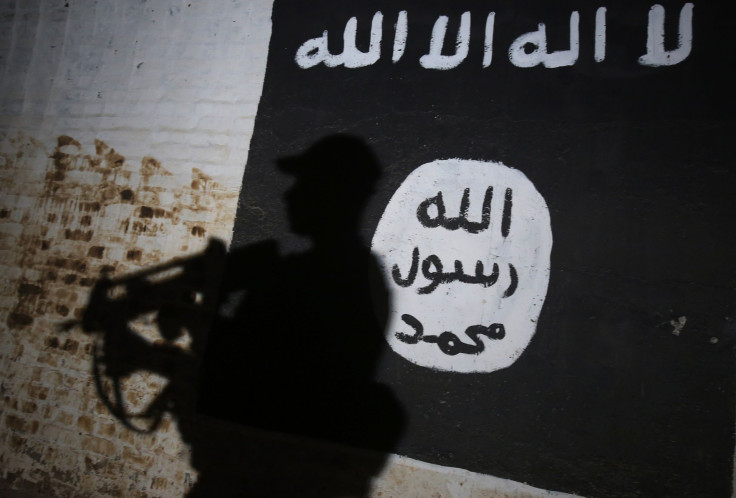Iraqi Forces Accused Of Forcibly Relocating ISIS Families To Rehabilitation Camp Near Mosul

Days after declaring victory over the Islamic State group — also known as ISIS — in Mosul, Iraqi forces are now facing charges of forcefully relocating at least 170 families of the alleged ISIS members as a form of collective punishment. Human Rights Watch (HRW) accused Iraqi security forces Thursday of moving the families to a rehabilitation camp.
"On June 19, Mosul’s district council issued a directive that so-called ISIS families should be sent to camps 'to receive psychological and ideological rehabilitation, after which they will be reintegrated into society if they prove responsive to the rehabilitation program," HRW's press release said. On July 9, authorities in Nineveh, which is located on the outskirts of Mosul, opened the first such camp in Bartalla, 14 kilometers east of Mosul, according to HRW.
Read: Sally Jones, ISIS Poster Girl, Wants To Go Back To UK
There have been allegations that Iraqi authorities punished the families because of the actions of their relatives who were ISIS members, as pointed out by Lama Fakih, Deputy Middle East Director, HRW. He said: "These abusive acts are war crimes and are sabotaging efforts to promote reconciliation in areas retaken from ISIS."
The group visited Bartalla camp — located 21 kilometres east of Mosul — that had 150 families consisting mostly women and children from west Mosul. The press release further stated another 20 families were relocated to this camp by the next day.
HRW members also spoke to several families who confirmed the Iraqi forces brought them to the camp because of the relatives linked to the ISIS. However, none said they were accused of committing a wrong act. The families also said they were clueless about when they would be allowed to leave the camps.
The imposition of “collective penalties” was considered a war crime in the Report of the Commission on Responsibility set up after the First World War, according to the website of the International Committee of the Red Cross. Prohibition of collective punishments is also stated in the Hague Regulations and the Third and Fourth Geneva Conventions.
Read: US Soldier Arrested For Allegedly Trying To Provide Classified Documents To ISIS
Meanwhile, Iraqi forces denied the allegations. An Iraqi military spokesman told reporters in Washington he was not aware of the specific cases, however, Iraqi forces did not relocate families by force, according to Reuters. "This topic, we didn't have precise information about what is going on, however there is no situation or scenario where the Iraqi forces will forcefully get people out of their homes as Iraqi citizens," Brigadier General Yahya Rasool, a spokesman for the joint operations command, said through a translator.
"However, we try to secure safe pathways for them to avoid the battle area," Rasool added.
© Copyright IBTimes 2024. All rights reserved.












